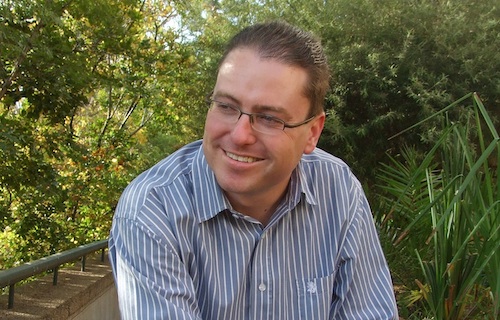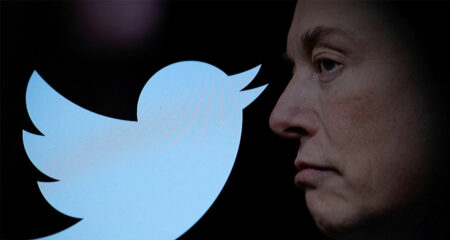
[By Duncan McLeod]
On Sunday evening, DA political strategist Ryan Coetzee held a “town hall meeting” on Twitter. It went off rather well, and the party plans to host them weekly. It’s clear social media are becoming an important new electioneering platform in SA.
Using the hashtag #daqa, Coetzee hosted a nearly two-hour session on the group messaging service. Twitter users kept tabs on the debate by subscribing to the hashtag and posting questions to Coetzee and other DA leaders, including national spokesman Lindiwe Mazibuko, Cape Town deputy mayor Ian Neilson and the party’s Gauteng chairman, Mike Moriarty.
It was a lively session. The party received plenty of messages of support, but also had to field a number of tough questions, including a few from this columnist, about its refusal to disclose its sources of funding.
Though only a small minority of South Africans uses Twitter for now, the willingness of the DA to engage with voters using new social media platforms is refreshing. Coetzee stated up-front that no questions were out of bounds. It’s just a pity that DA leader Helen Zille didn’t participate. Perhaps she’ll join a future one.
Technology has long been a feature of US elections. President Barack Obama made good use of Twitter and Facebook to drum up support during his presidential campaign. It’s now unthinkable for political parties in advanced democracies not to use social media.
The DA was not the first political party to use technology to engage with SA’s electorate. In the mid-1990s, former posts, telecommunications & broadcasting minister Pallo Jordan used Internet Relay Chat to take questions from the public about the then-new ANC government’s telecoms policies. It was remarkably progressive: remember, this was in the days before Netscape and later Internet Explorer popularised the World Wide Web.
Of course, it meant Jordan was engaging with a tiny elite of technology-connected geeks. But as communications technology has spread to every corner of the earth, so it has transformed the way people engage with each other.
Social networks, especially Facebook and Twitter, played a pivotal role in the downfall of Hosni Mubarak’s regime in Egypt and have unsettled other authoritarian governments across the world. It’s no coincidence that Mubarak’s first order of business in trying to contain the rising protests in Egypt was to cut off access to the Internet.
In democratic countries, social media are helping create a more engaged electorate. The letters pages in newspapers have always been the preserve of a limited number of their readers, those who could be bothered to sit down and write a well-crafted piece that might be published a few days later — if it got past the letters editor. Now, anyone with an Internet connection can vent their views and instantly generate a conversation.
It’s changing the way companies, especially retail organisations, engage with their customers. And it’s transforming politics. It’s making political leaders more accessible to the electorate, and giving politicians a new platform to sell their ideas.
There will be those who pooh-pooh the idea, arguing that the “digital divide” in SA between those who are connected and those who aren’t means that these services will remain in the hands of a relatively wealthy niche of the electorate. They’d be wrong. As smartphones become cheaper, millions of South Africans are getting online for the first time on their mobile phones. Vodacom CEO Pieter Uys reckons 9m of the group’s customers already use data (in some form) on their handsets, and he expects that number to grow to 25m in the next 24 months. That’s astonishing growth. It’s transformative stuff.
It is little wonder, then, that the DA is taking social media so seriously. Can SA’s other parties be far behind?
- Duncan McLeod is editor of TechCentral; this column is also published in Financial Mail




